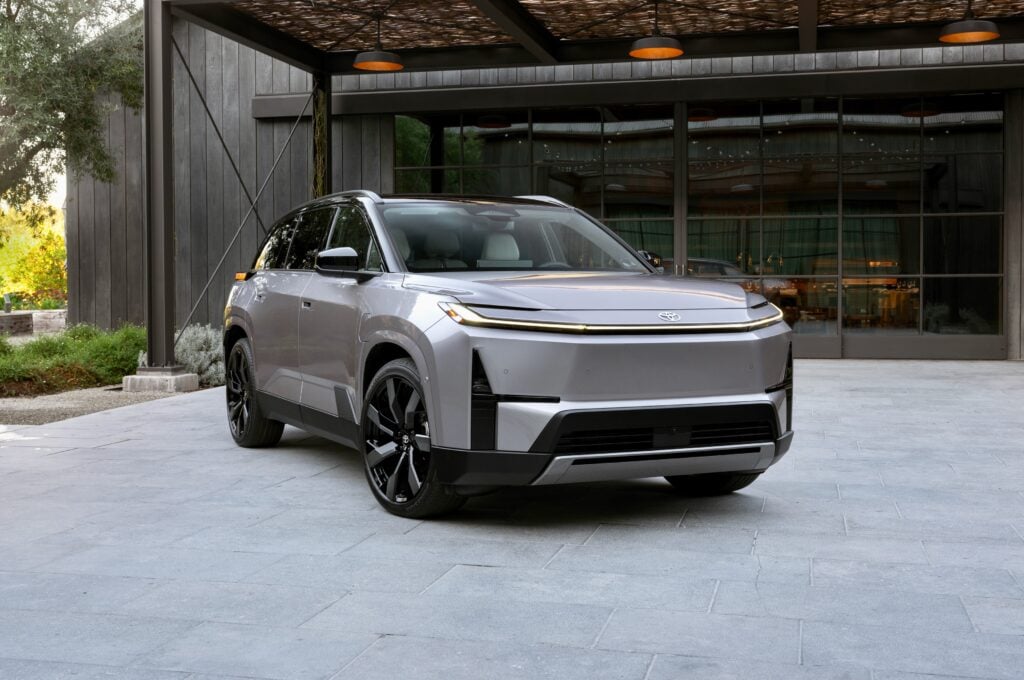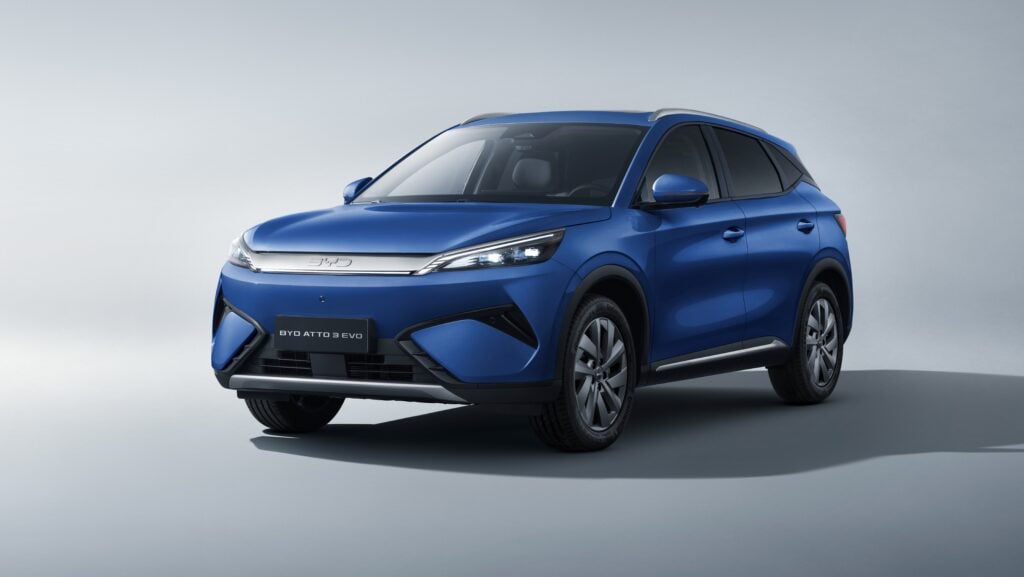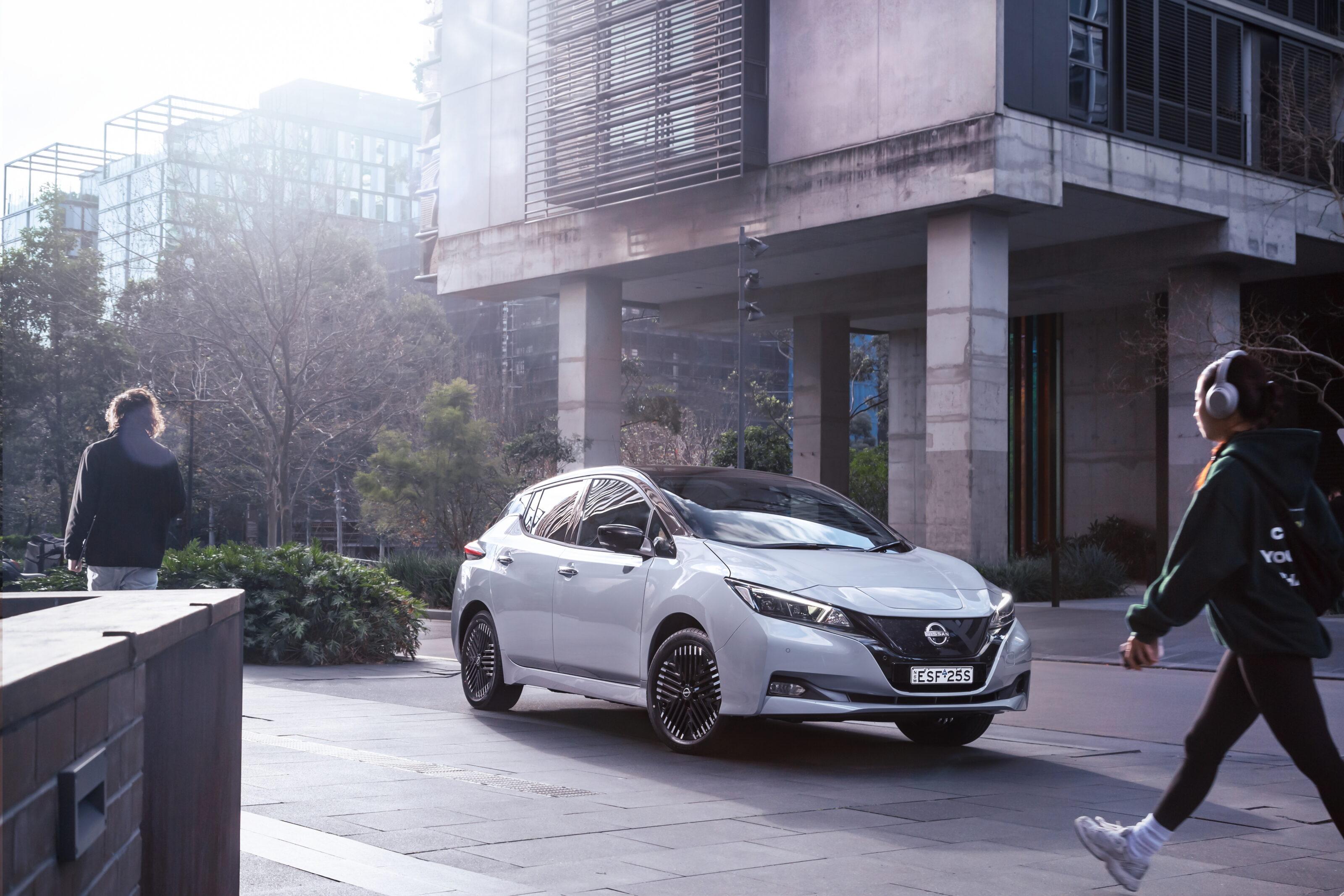
Nissan Australia is to recycle old batteries from its Leaf electric vehicle to power production at its casting plant in Melbourne.
Snapshot
- Batteries to be repurposed at Dandenong Casting Plant
- Energy to power production of new EV components
- Will also be harnessed and used to charge staff cars
The project, dubbed Nissan Node and being carried out in partnership with Melbourne-based battery developer, Relectrify, will see a new solar array installed at Nissan’s casting plant in Dandenong in Melbourne’s outer east, as well as new EV chargers.
The Nissan Node will include the installation of a new battery energy storage system made of nine repurposed first-generation Leaf batteries – which will be charged via the solar array and the renewable energy used to power part of the production of components for Nissan’s global EV models, as well as help supply the new EV chargers to recharge staff vehicles.
At present only the new X-Trail’s tow bar is produced in Australia, no other E-Power specific components are.
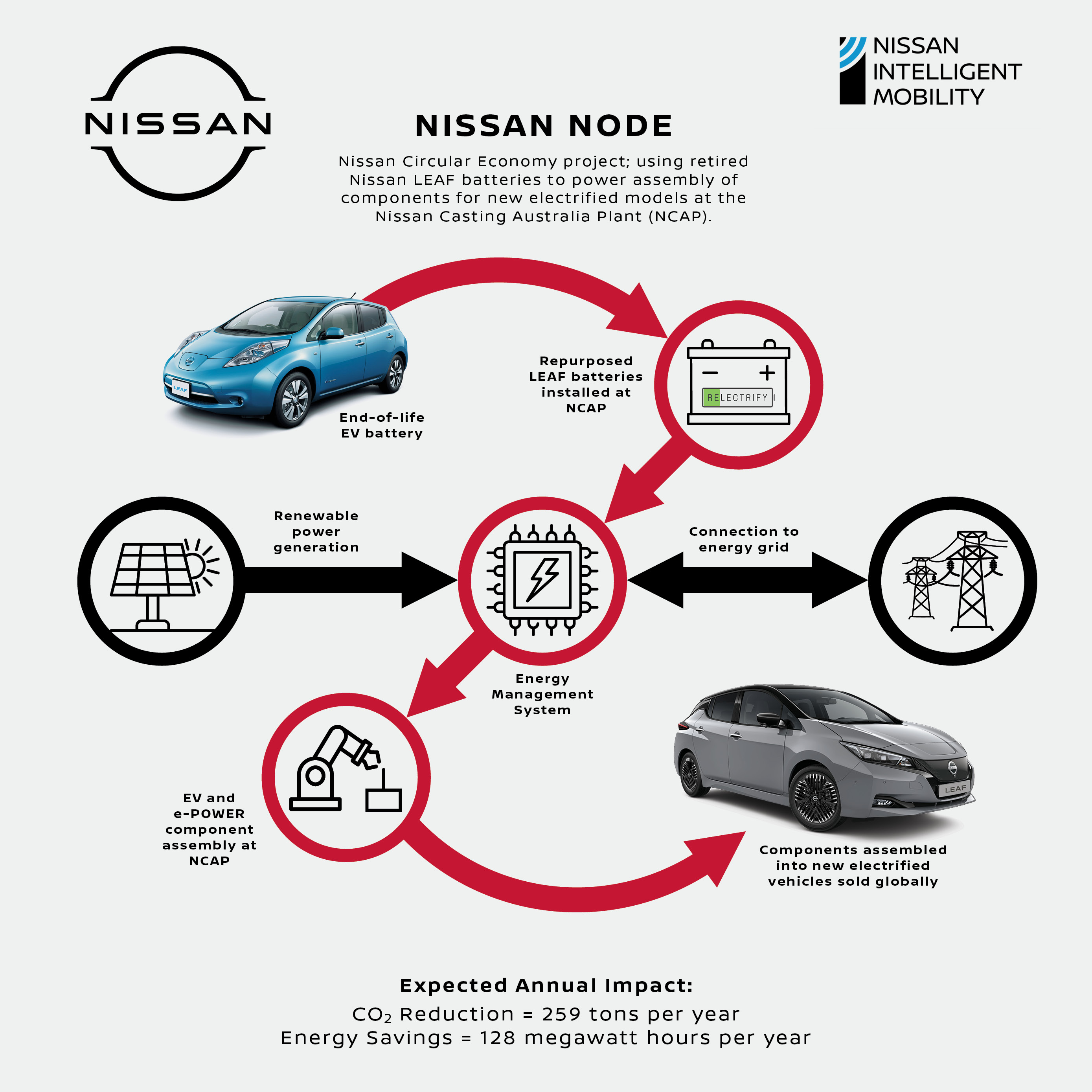
The project is estimated to reduce Nissan Casting Australia’s annual C02 emissions by 259 tons, while saving 128 megawatts of energy every year.
“This isn’t just a hugely exciting project, but an important step into the future for end-of-life EV batteries,” said Nissan Casting Australia’s Managing Director, Peter Jones.
“As an early pioneer of the electric vehicle both globally and locally, we can also demonstrate leadership in second-life battery initiatives. I’m proud that this solution is every bit as innovative as the launch of the Leaf in Australia was more than 10 years ago.
“Already the Nissan Leaf comes with vehicle-to-grid technology from factory, which will allow Australian EV owners to use their vehicle to power their homes, and could be used to help stabilise the electricity grid, but commercial circular economy projects like this are a viable, sustainable and innovative solution for end-of-life EV batteries, too.”
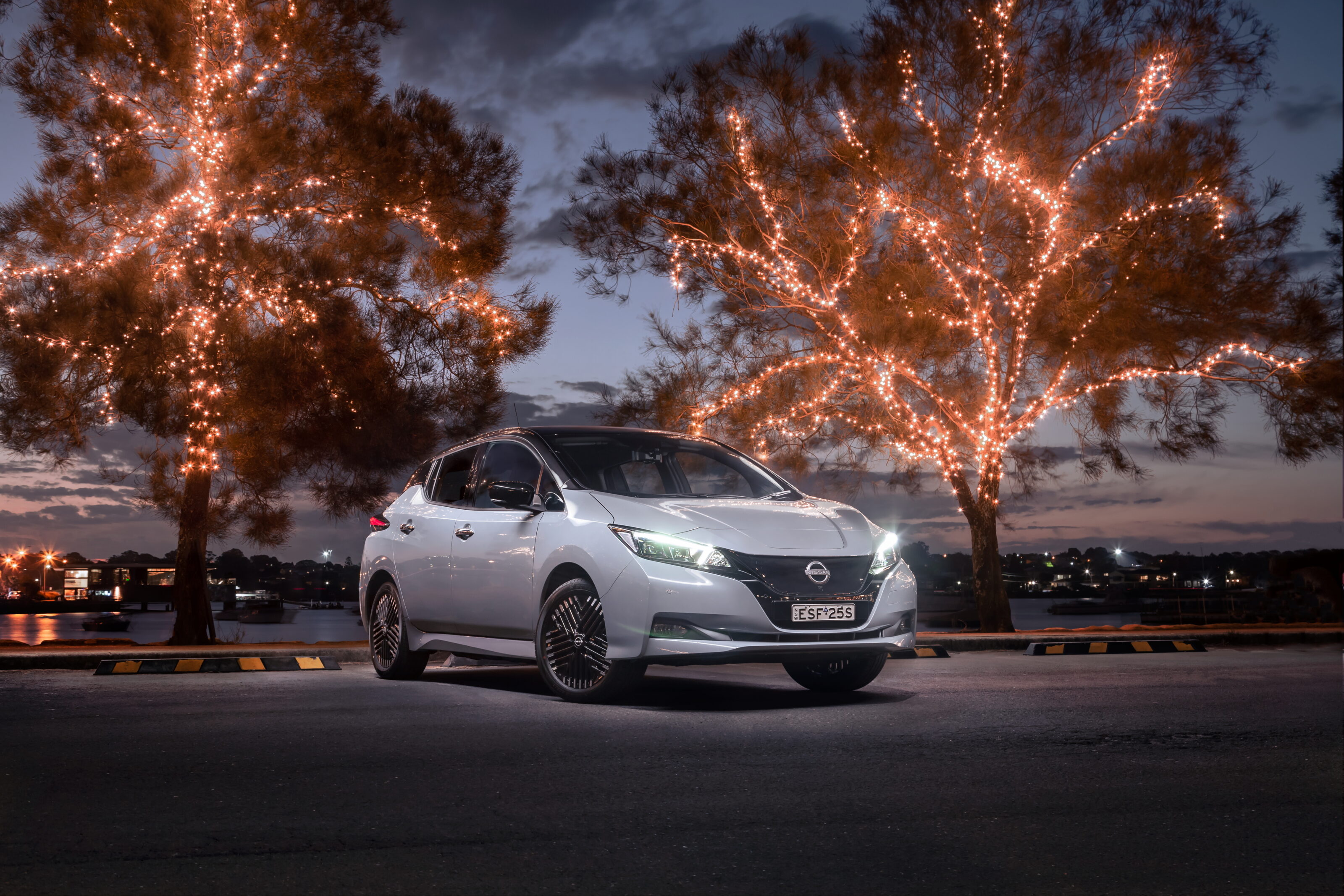
The Nissan Node project will be completed this year, though similar schemes are already underway around the world, including a trial with the East Japan Railway Company which uses second-life Leaf batteries to power railway crossings, and with the 4R Energy Corp in Japan, which is developing the technology and infrastructure to recycle, resell and reuse the batteries in Nissan EVs as a power storage solution.
Nissan’s Dandenong operation has been in operation since 1982. Today, in excess of 50 per cent of the facility is dedicated to the manufacturing of high-quality aluminium castings that are fitted to Nissan’s battery-electric and hybrid vehicles sold globally.
More EV stories to help you choose the best car for your needs
- ? EV news, reviews, advice & guides
- ❓ Short & sweet: Your EV questions answered
- ⚡ New EVs: Everything coming to Australia
- ? Australia’s EVs with the longest driving range
- ⚖️ Best-value EVs by driving range
- ? How much do EVs cost in Australia?
- ? How much more expensive are EVs?
- ⚖️ Number crunching: Is it time to switch to an EV?
- ♻ Should you buy a used EV?
- ?️ Are EVs more expensive to insure?
- ? Costs compared: Charging an EV vs fueling a car
- ? EV charging guide
- ?? EV servicing explained
- ? EV battery types explained
- ? When do EV batteries need replacing?
- ? Hydrogen v EVs: What’s best for Oz?
- ? How sustainable are EVs, really?




